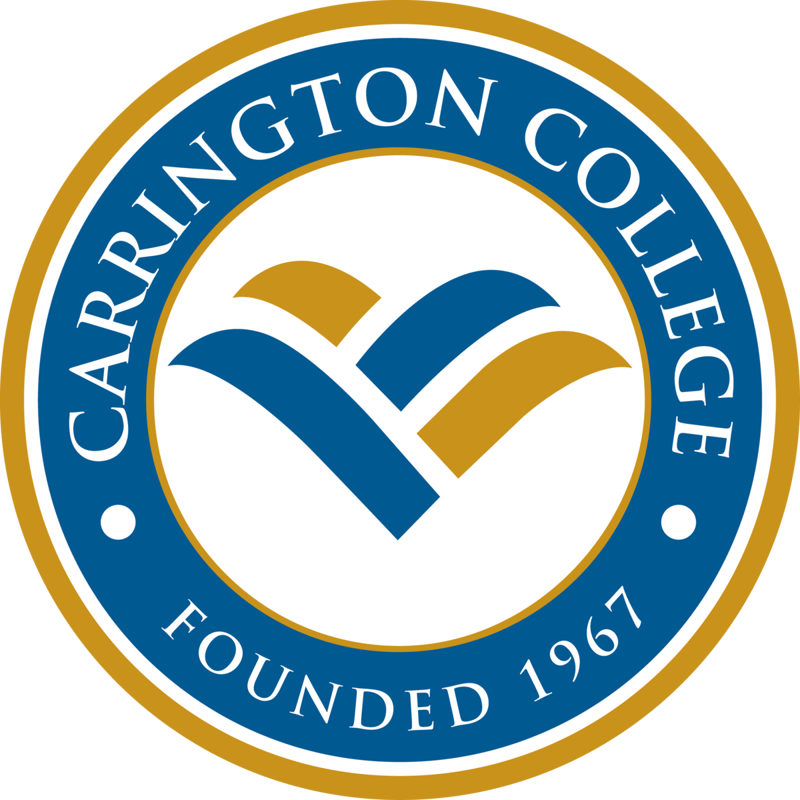
Financial aid (may be available)

$191 to start
$2,200 total

Financial aid (may be available)

$239 to start
$4,000 total
$975 total
$550 total
$530 total
$600 total
No cost info
No cost info
$369 total
No cost info
$399 total
$150 total
The demand for Home Health Aides (HHAs) is growing fast in Tucson and across the U.S. As the population ages and more patients choose in-home care, employers are actively hiring certified aides who can provide quality personal care. If you're looking for Home Health Aide classes near you in Tucson, this guide will help you understand the training, certification, and job outlook—plus how to get started.
According to the Bureau of Labor Statistics, HHAs in the Tucson area earn an average salary of $34,390 per year.

A Home Health Aide (HHA) helps patients with daily tasks like bathing, dressing, grooming, mobility, and meal prep. They often work in a patient’s home under the supervision of a nurse or other medical professional.
For more details on the role, read:
👉 What Does a Home Health Aide Do?
To become an HHA in Arizona, you must complete a state-approved training program that includes:
Training usually takes a few weeks to a few months depending on the program. Once you finish, you’ll need to pass a written and practical skills exam to become certified.
More info:
👉 How to Become a Home Health Aide in Arizona
When choosing an HHA training program in Tucson, check for:
HHA programs typically combine classroom instruction and practical skills training. Here's what you can expect:
After completing your training:
You can search for in-person or online HHA programs based on your schedule and budget.
🔎 Use Dreambound to compare Home Health Aide classes near Tucson by:
You can also check local providers and vocational schools like:
After certification, Home Health Aides in Tucson can find jobs in:
To browse local jobs, check My Next Move for openings in your area.
Many HHAs choose to advance their careers through further training. Common paths include becoming a:
Each path offers increased responsibility, pay, and long-term career stability.
Most programs last 4 to 12 weeks, depending on the school and whether it's full-time or part-time.
The average salary is $34,390/year, based on BLS data.
You need to complete a certified training program and pass a competency exam to work legally in most care settings.
Assist with personal care, meal prep, light housekeeping, and help monitor patient well-being.
If you're looking for home health aide classes near you in Tucson, now is the perfect time to start. With strong job growth, quick training options, and meaningful work, becoming an HHA can be your first step into the healthcare field.
Start comparing local programs at Dreambound and get closer to a career where you care for others—and build a future for yourself.
Dreambound has you covered with a series of detailed guides, each designed for a different city. And if you're elsewhere or considering a move, we've got more guides that might fit your needs.
Considering a change in your career? We've gathered some perspectives to help you in your journey. You can explore several of these:
Dreambound's platform allows prospective students to find the right educational program for them through searching, filtering, and connecting with our extensive selection of career & technical education partners.
Dreambound has over 70 programs across healthcare, technology, business, and industrial trades. This includes programs such as Medical Billing, Cybersecurity, and welding.
Some of our schools offer financial aid for those who qualify. Many others offer payment plans, where you can pay the cost of class over time.
Yes, Dreambound offers many online programs. On Dreambound's search, you can filter by online, in-person, and hybrid (part online, part in-person).
Dreambound is completely free for you to use! We are supported by schools and organizations who pay to advertise on our website, so we can offer all of our career resources for free.